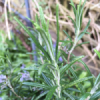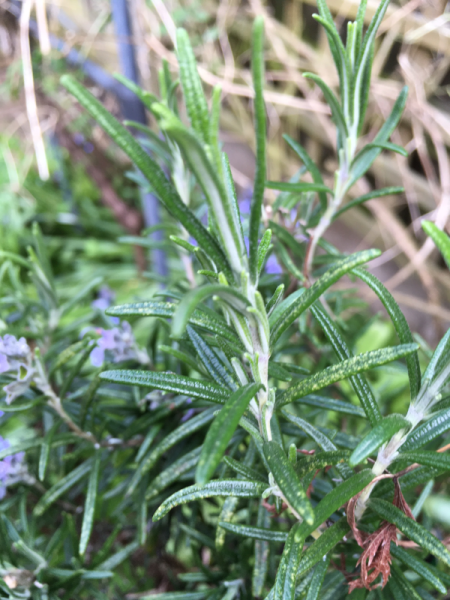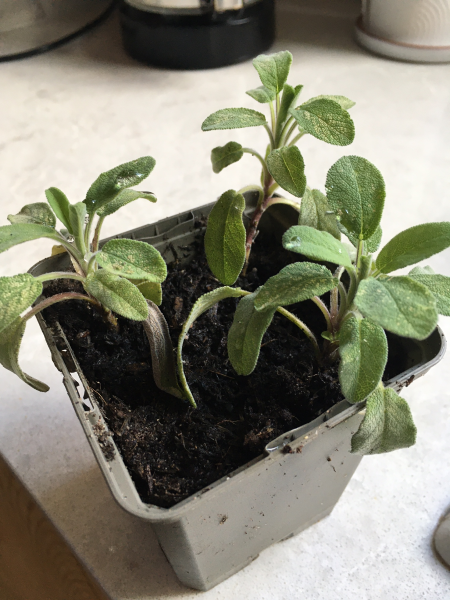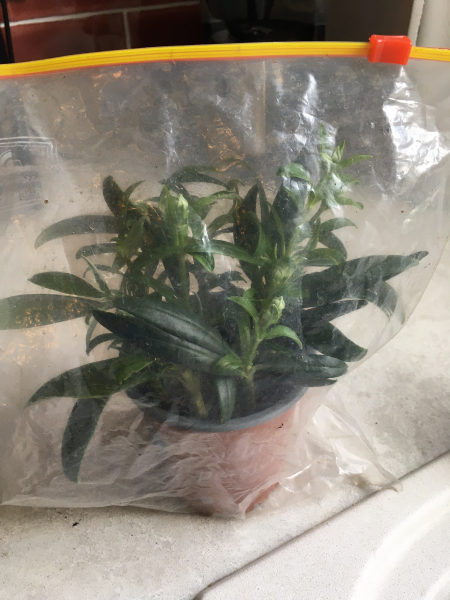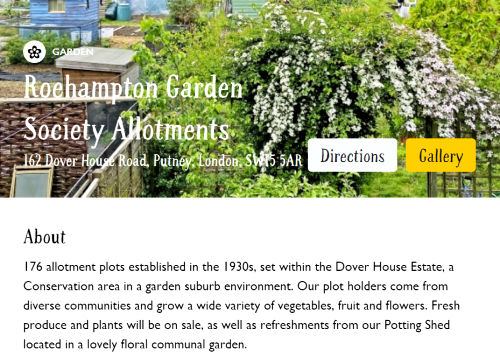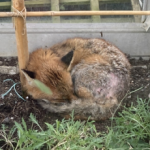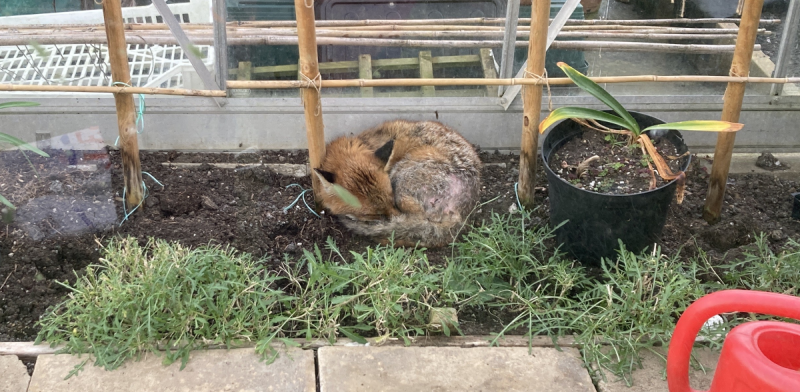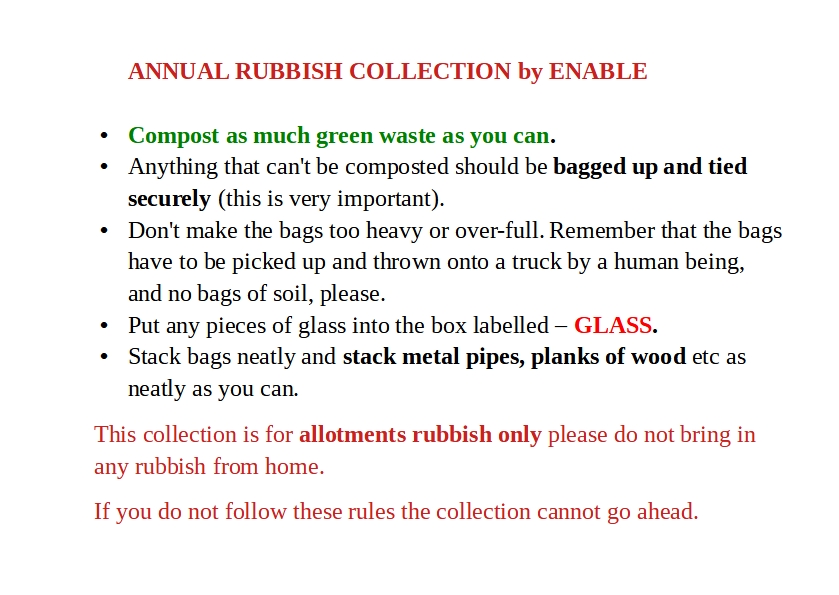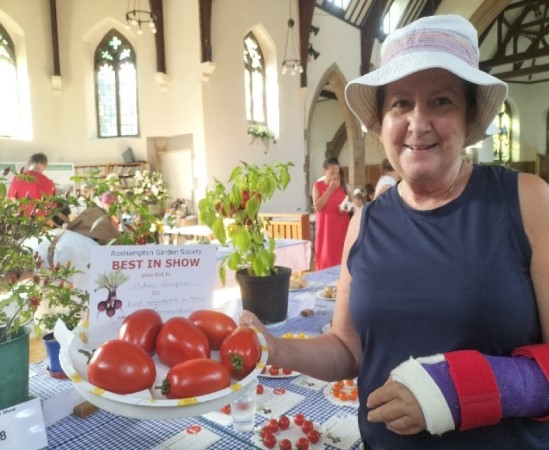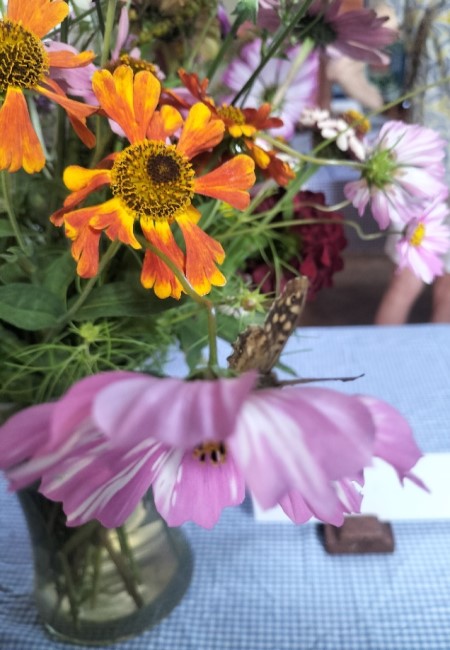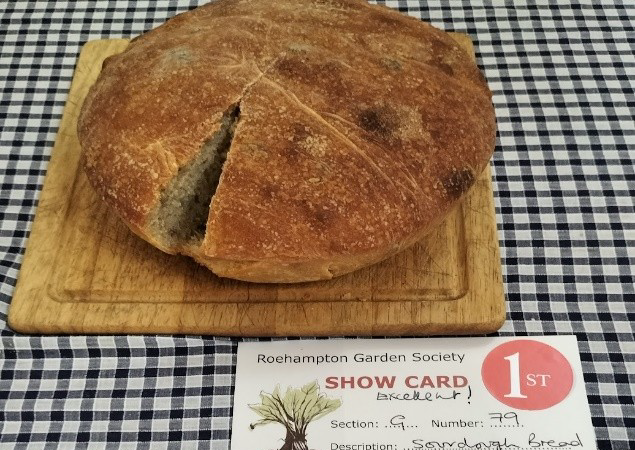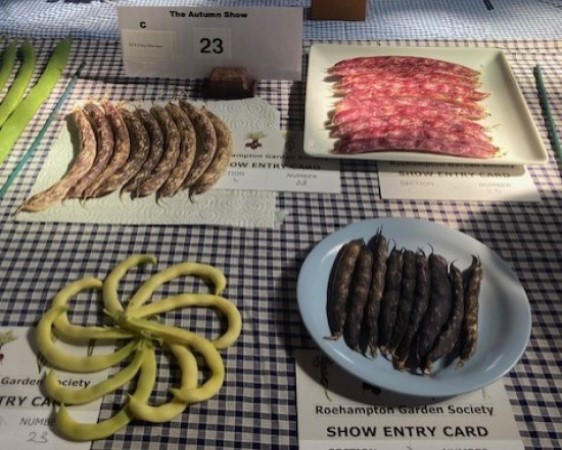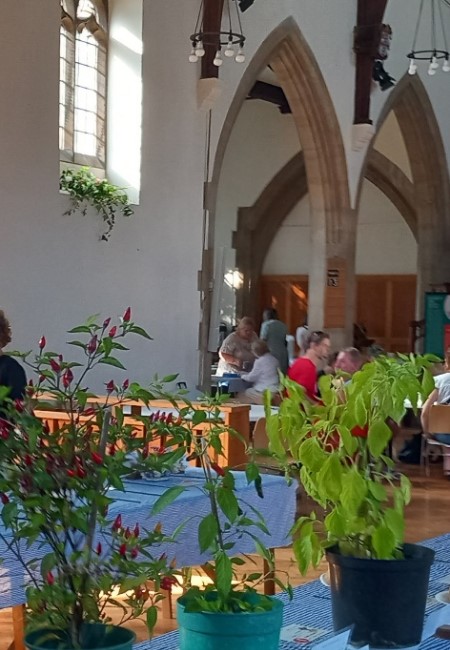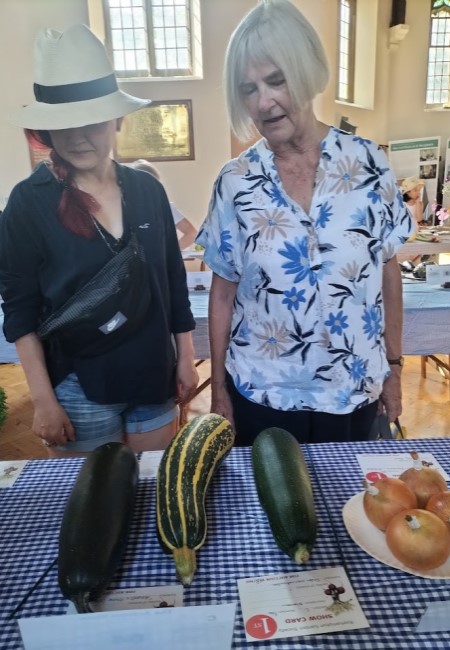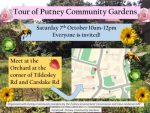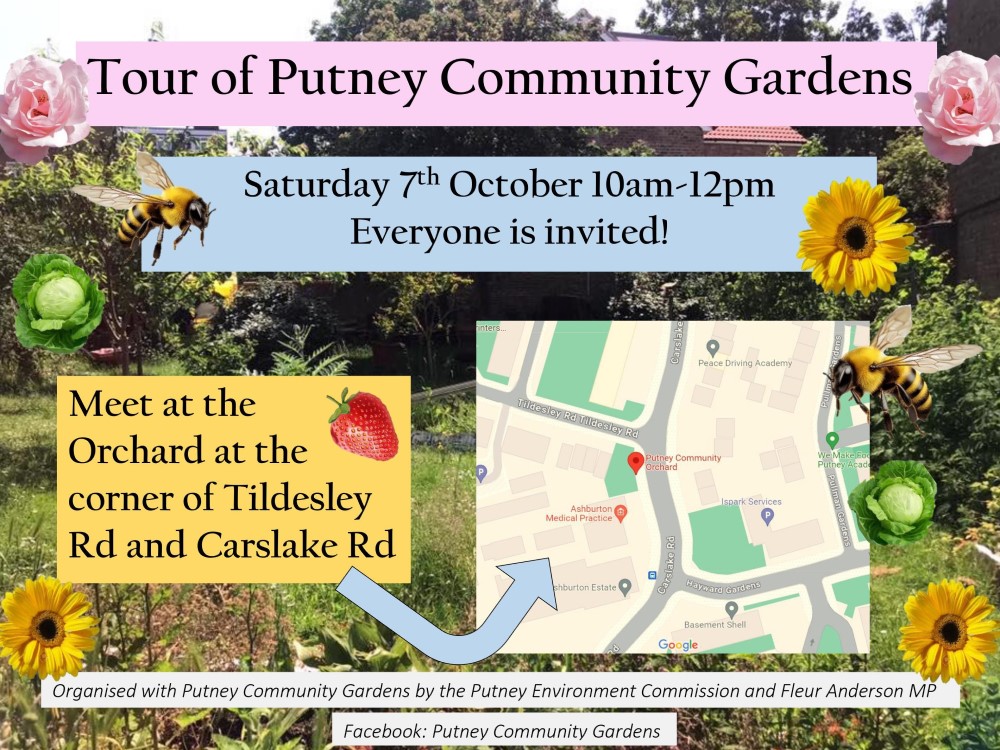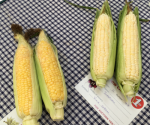A book by Michael Gilson

This book is about one of the main founders of the RGS, Richard Sudell.
Sudell was a pioneer of suburban gardening who has now had a book written about him and his considerable (and often overlooked) influence on one of the ways our nation revitalised itself after the terrors and destruction of the First World War.
As we showed in our Centenary Exhibition at Putney Library in June 2022, Richard Sudell not only lived on the Roehampton (now Dover House) Estate, but he also encouraged the tenants of the new houses to convert their scrappy garden patches (and the allotments) to create open spaces to grow fruit, vegetables and flowers.
“Behind the Privet Hedge” is published by Reaktion Books in May, priced £16.95. It is available to preorder: https://reaktionbooks.co.uk/work/behind-the-privet-hedge
There is also an interesting article in the April edition of “Garden Answers” about the book and our famous pioneering founder.
Jackie Savage.


